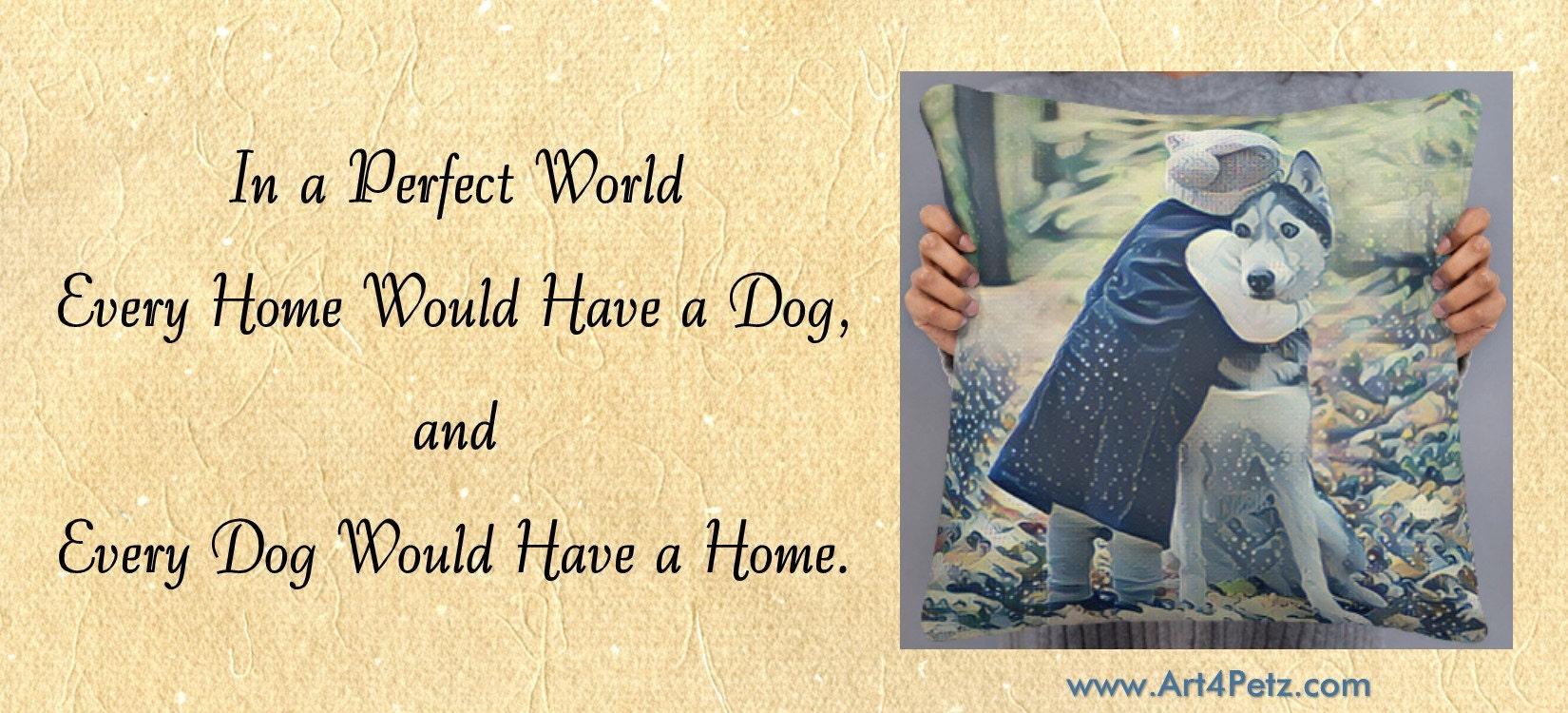Understanding dog emotions can be complicated because we simply don’t know exactly what they feel on the inside. Wouldn’t it be so much easier if they could just talk to us? But we do have centuries of experience with dogs in scientific research, that helps us understand how dog emotions work.
In an interview with National Geographic, animal neuroscientist Dr. Gregory Berns explains that one big difference between human and dog emotions lies in language. Humans have words to label their feelings we experience like fear, sadness, guilt, and love. Dogs don’t have these words, but in research using MRI scans of dogs brains as they receive positive stimulus, Berns found that “dogs have corresponding parts of their brains to humans.”
Do Dogs Fall in Love With Their Owners?

Any dog mom or dad will tell you that they know in their heart that their dog loves them. And recently, there was a new study that found love is chemically apparent after dogs and their owners gaze into one another’s eyes.
Researchers at several Japanese universities and published in the *Journal Science, resulted in two separate findings. In the first finding, they watched 30 dog owners interact with their dogs for half an hour, and then they measured in both the human and dog their levels of oxytocin.
Oxytocin is often referred to as the bonding or love hormone, and it is at the core to human intimacy. It plays a role in both mother and child bonding as well as during sex by creating an attachment between couples.
Another interesting fact is that the longer the owner and dog stare at each other, oxytocin levels increase and these researchers found equally high levels in both the dog and the owner.
They also did this experiment with wolves who were raised by humans. But when they paired them in the same way, there was no evidence of any effect on oxytocin levels.
In the second part of the study they then try to determine whether oxytocin actually caused that long loving gaze. In order to determine whether this was true, they gave oxytocin to a different group of dogs and then watch them interact with their owners.
Oddly, what they found was that females in the group led to much higher levels in both the female dog and the owner, but it didn’t increase in male dogs and no one knows exactly why.
The study suggested that because dogs became domesticated over thousands of years, they began to develop a mutual and trusting bond with human beings the same way that we bond with each other.
Cognitive scientists at Duke University, reported, “dogs have taken advantage of our parental sensitivities, using behaviors such as staring into our eyes to generate feelings of social reward and caretaking behavior.” So in other words, dogs have developed the same kind of love that parents feel for their children. And aren’t dogs really like children after all?
Do Dogs Fall in Love with Other Dogs?

There is a tremendous amount of data out there proving that dogs can develop strong bonds with their owners, so it’s true when they say they “love” their dogs or their dog loves them! But how much do we really know about love between two dogs?
Dr. Marc Bekoff, a researcher and former professor of animal behavior and behavioral ecology at University of Colorado, said that if your definition of love is a long-term commitment, because they’re happy when they’re together and they miss each other when apart; that they protect and feed one another and raise their children together then yes, dogs love each other very much like we love as humans.
One example is when dogs end up together in shelters their bond becomes so strong they refuse to be separated and often shelter staff will insist on both animals being adopted together.
Researchers and animal behaviorists say that even though they don’t think dogs really experience romantic love, they still form very lasting and very deep bonds with their fellow dogs as well as their humans. In fact, evidence shows that most bonded dogs are monogamous.
So, dogs show affection toward both humans and other dogs. With the same neurology and chemistry of people it’s reasonable to believe that dogs also have emotions that are similar to ours.
Just the simple observation of their loving behavior, wagging tails and snuggling sessions, is as good as any scientific evidence.
Sign up at the top of our Blog Page and save 20%off site-wide!

*Reference:http://science.sciencemag.org/content/348/6232/333.abstract





